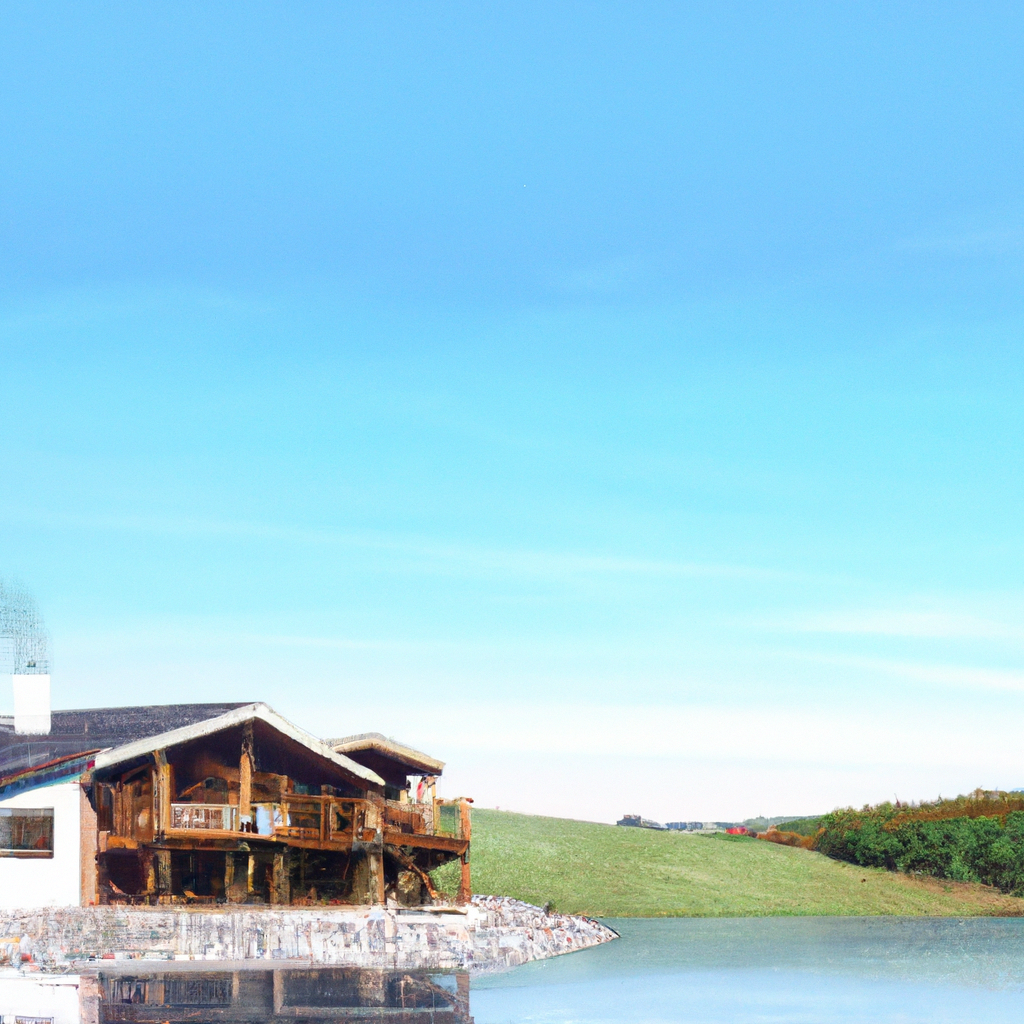Imagine waking up every morning to the soothing sounds of waves and the breathtaking views of a sun-drenched coast right outside your window. Owning a waterfront home in Cape Breton offers not just a serene retreat but a promising investment in one of Canada’s most picturesque locales. However, purchasing a property by the water comes with its own set of considerations, from the environmental aspects to the regulatory frameworks. Here’s everything you need to know to make an informed decision about investing in waterfront real estate in Cape Breton.
Understanding the Appeal of Cape Breton’s Waterfront
Cape Breton, a scenic island in Nova Scotia, is renowned for its rugged coastline, cultural richness, and vibrant communities. The allure of owning a waterfront home here is undeniable. Properties range from quaint cottages to luxurious estates, each offering unique views of either the Atlantic Ocean or the island’s many lakes and rivers. Beyond the natural beauty, Cape Breton is steeped in a rich history and a lively cultural scene, making it a desirable location for both seasonal and year-round living.
Navigating the Real Estate Market
When considering the purchase of a waterfront home in Cape Breton, it’s crucial to have a clear understanding of the local real estate market. Waterfront properties are generally in high demand, which can drive up prices, especially in prime locations. Seasonal fluctuations can also impact availability and pricing, with summer months typically seeing a spike in both. Engaging a local real estate agent who specializes in waterfront properties can provide invaluable insights and help navigate the complexities of the market.
Evaluating Environmental Considerations
Living close to water bodies can be idyllic, but it also necessitates a thorough assessment of environmental factors. Potential buyers should be aware of the risks associated with coastal erosion, flooding, and rising sea levels, particularly in response to climate change. It’s advisable to consult with environmental experts and review geological surveys to assess the long-term stability of the property. Additionally, consider the quality of water and the health of the surrounding ecosystem to ensure a safe and sustainable living environment.
Legal and Regulatory Issues
Purchasing waterfront property in Cape Breton involves navigating several legal and regulatory issues unique to real estate near water. This includes water rights, access rights, and building regulations specific to shoreline properties. For instance, there may be restrictions on modifications that can be made to the property, especially if it affects the shoreline. Local laws may also govern the use of water resources and boating. It is essential to conduct due diligence and possibly consult with a real estate attorney to ensure compliance with all local, provincial, and federal laws.
Making Your Investment Work
Investing in a waterfront property in Cape Breton can offer more than just a beautiful home; it also presents potential rental income possibilities. Waterfront homes are highly sought after as vacation rentals and can provide substantial rental income, particularly during the peak tourist season. If considering this route, be sure to understand the local regulations regarding short-term rentals. Proper management and marketing can maximize the return on your investment while allowing you to enjoy your property during the off-season.
Buying a waterfront home in Cape Breton is a dream for many. With its stunning landscapes, rich culture, and robust community, the island offers an unparalleled lifestyle. However, like any real estate investment, it requires careful planning and consideration. By understanding the market dynamics, environmental implications, and legal aspects, you can make a well-informed decision that aligns with both your lifestyle aspirations and investment goals. With the right approach, your Cape Breton waterfront home can be a haven of peace and a wise investment.


